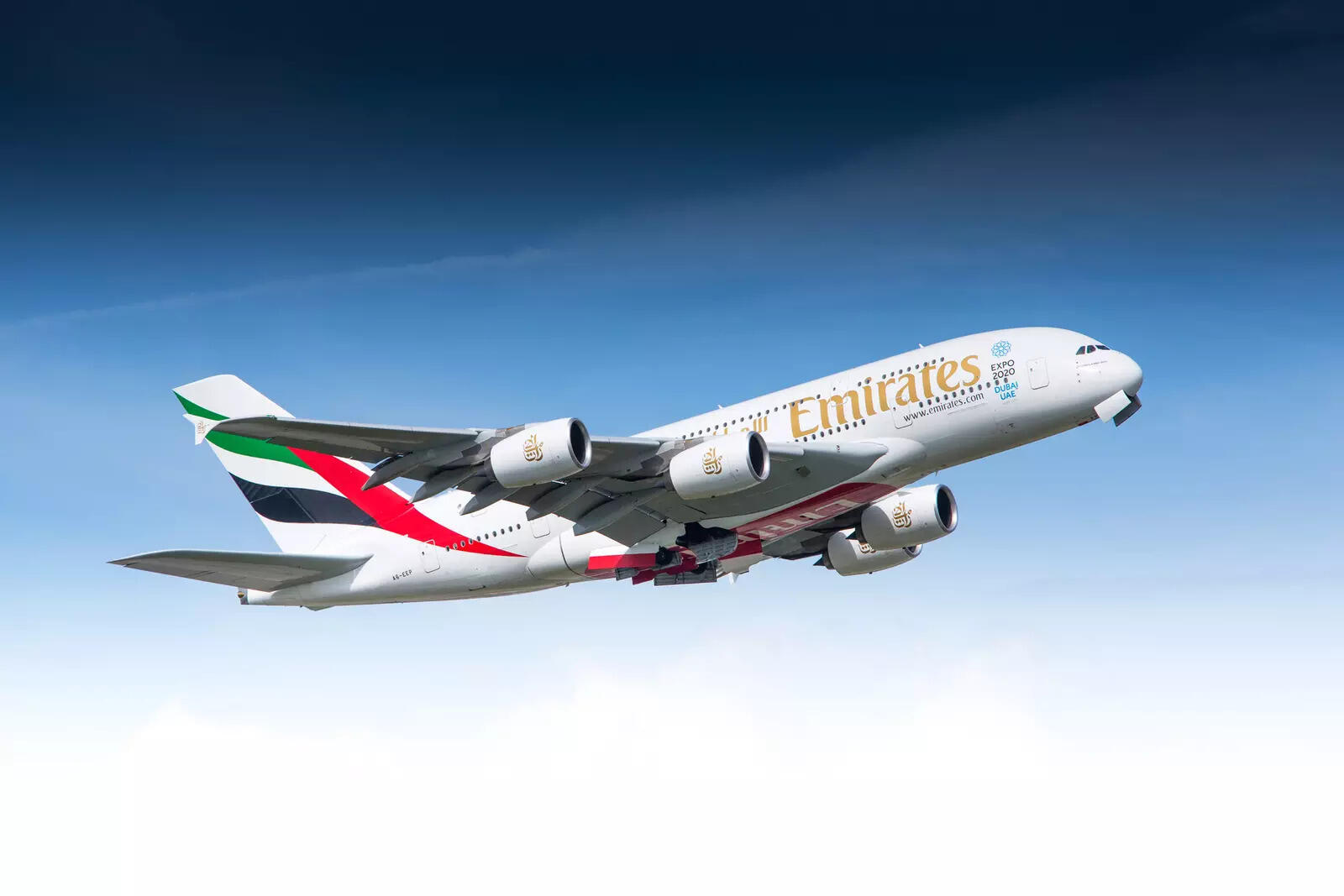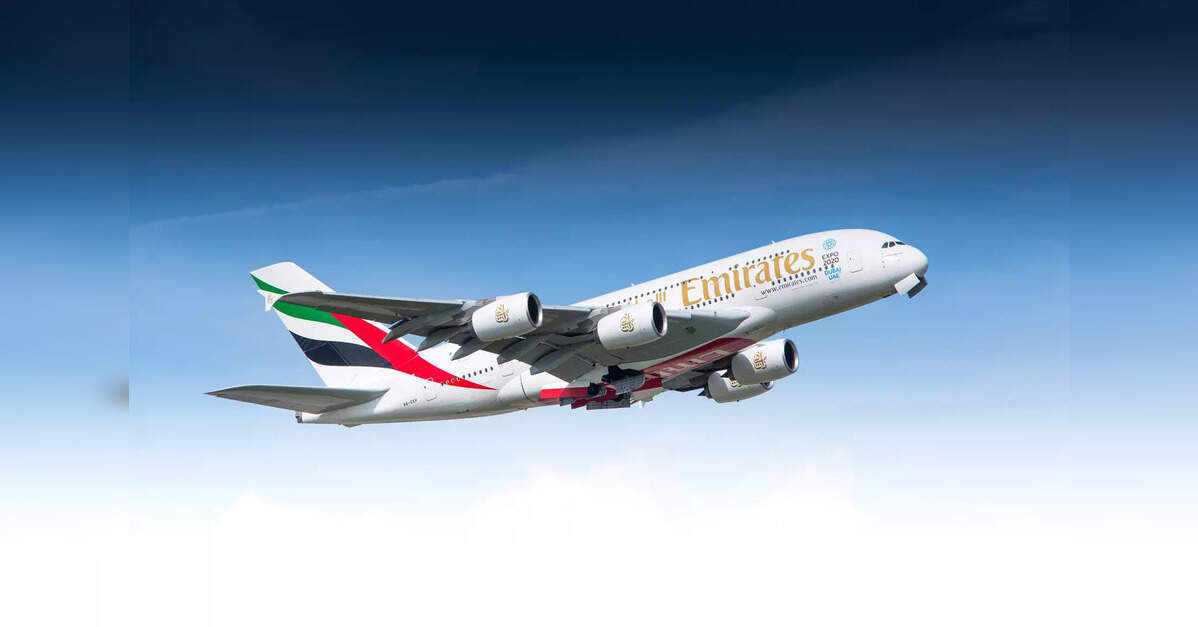
Emirates will prohibit the use of power banks onboard its aircraft effective 1 October 2025, following a comprehensive safety review. The airline said the decision reflects a proactive approach to mitigate risks associated with lithium battery-powered devices.
While passengers may still carry one power bank rated under 100 Watt Hours, Emirates has clarified that such devices cannot be used to charge personal electronics during the flight or be charged using the aircraft’s power outlets. Passengers must also ensure that power banks are kept in the seat pocket or under-seat baggage, and not in overhead bins or checked luggage.
The new rules come against the backdrop of rising lithium battery-related incidents reported across the aviation industry. Power banks, typically using lithium-ion or lithium-polymer batteries, are designed to recharge mobile phones, tablets, laptops and cameras. However, if overcharged or damaged, they pose risks of ‘thermal runaway,’ a self-accelerating process that can cause uncontrolled heat build-up, fire, or even explosions.
Unlike many modern consumer devices that include safeguards against overcharging, some power banks lack adequate safety features. Emirates said this gap raises risks when these devices are used onboard. By restricting usage, the airline aims to reduce the likelihood of in-flight battery incidents.
“Ensuring safety is at the heart of Emirates’ operations. The new measures are designed to mitigate risks and enable our cabin crew to act swiftly in the rare event of an onboard incident,” the airline stated.
Emirates aircraft are equipped with in-seat charging facilities across all cabins, but the airline continues to recommend passengers fully charge devices before departure, particularly on longer flights.
The latest step underscores Emirates’ ongoing emphasis on enhancing operational safety while aligning with broader industry practices on lithium battery management.


